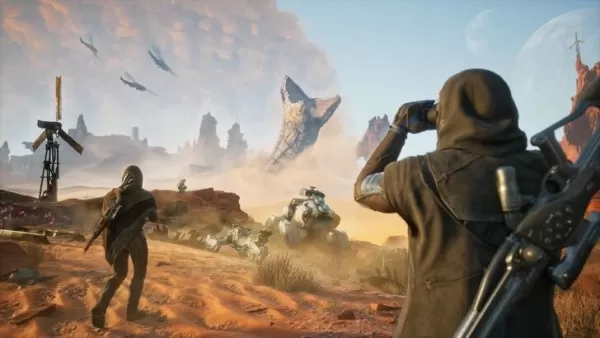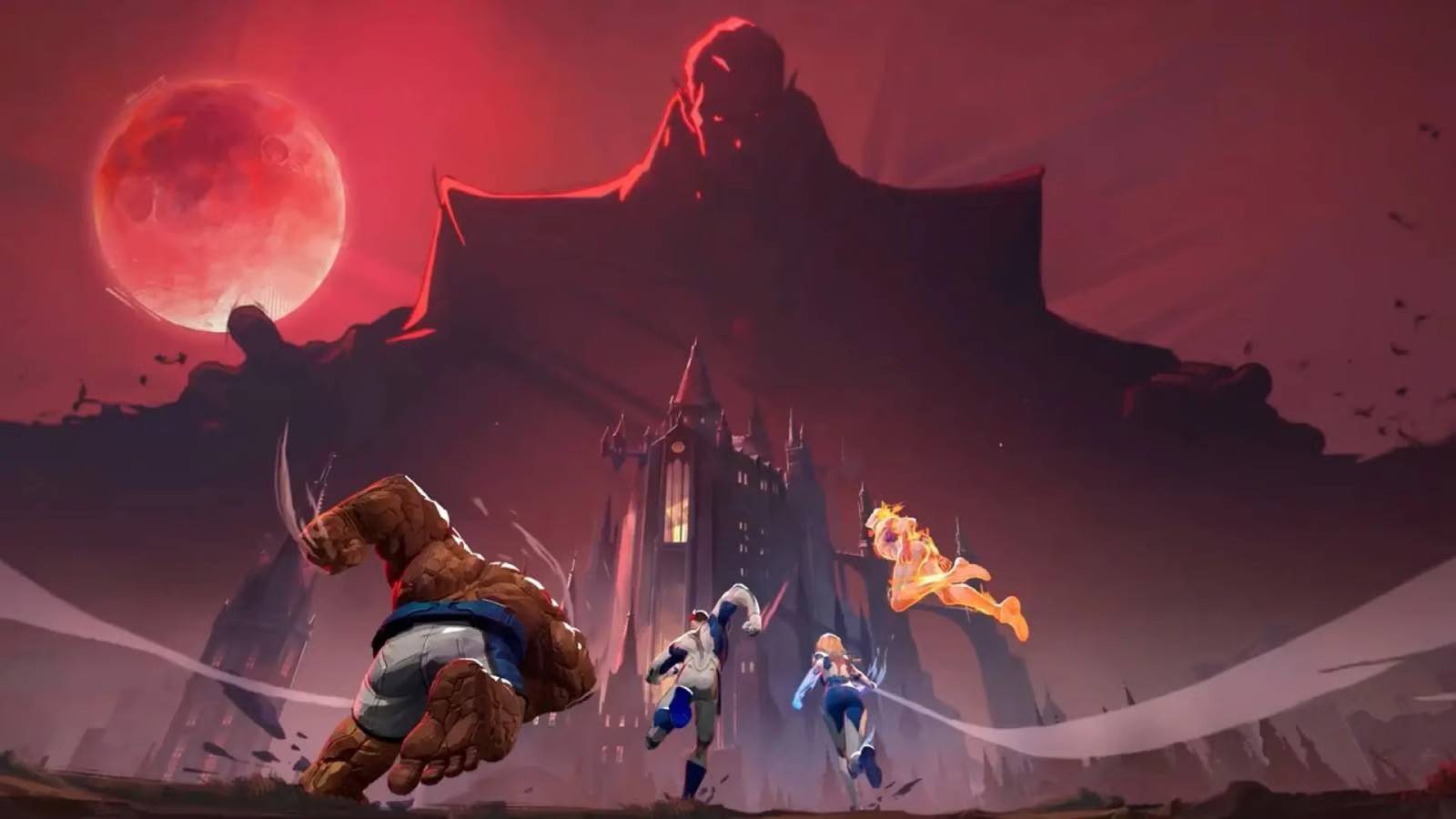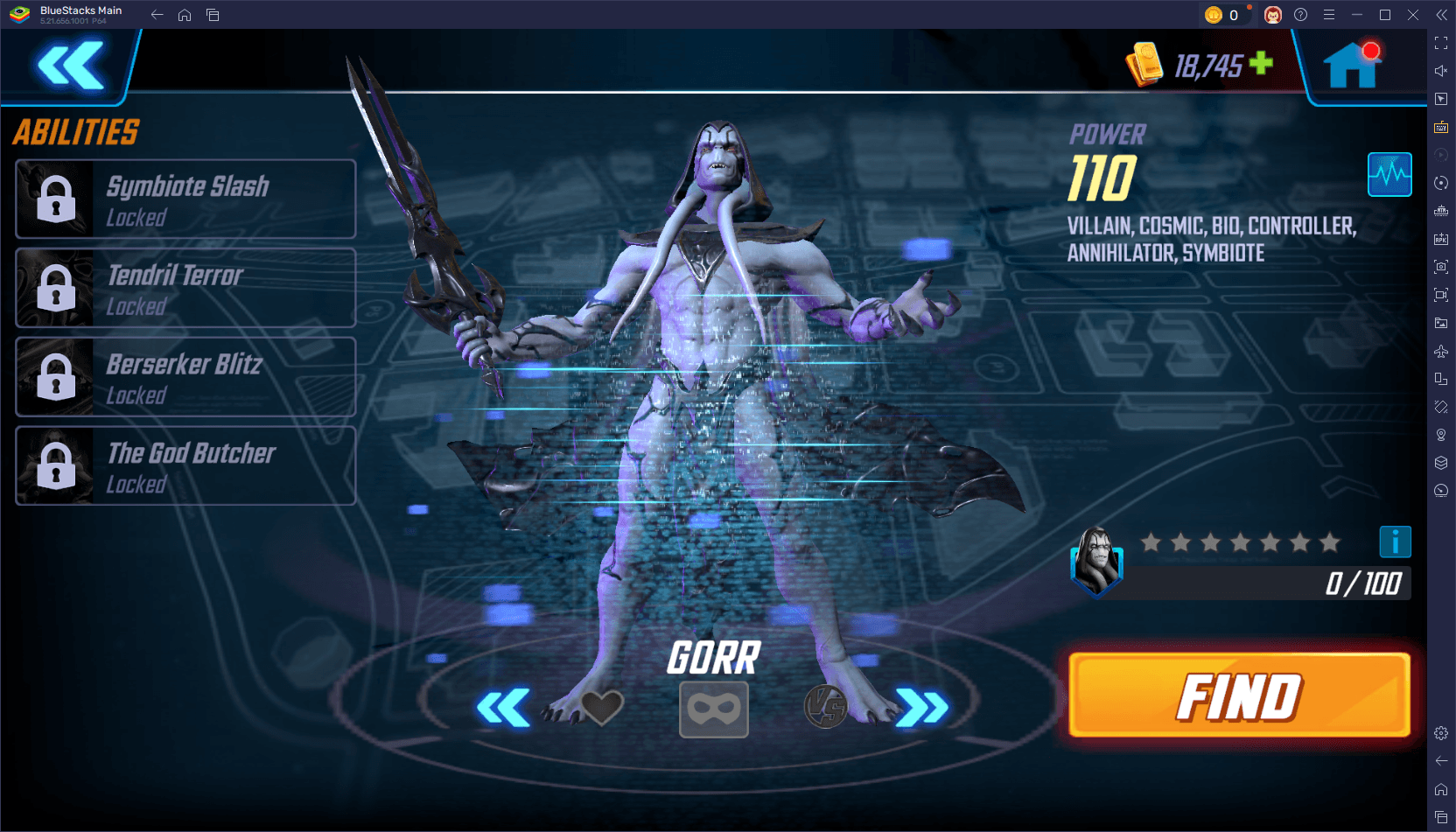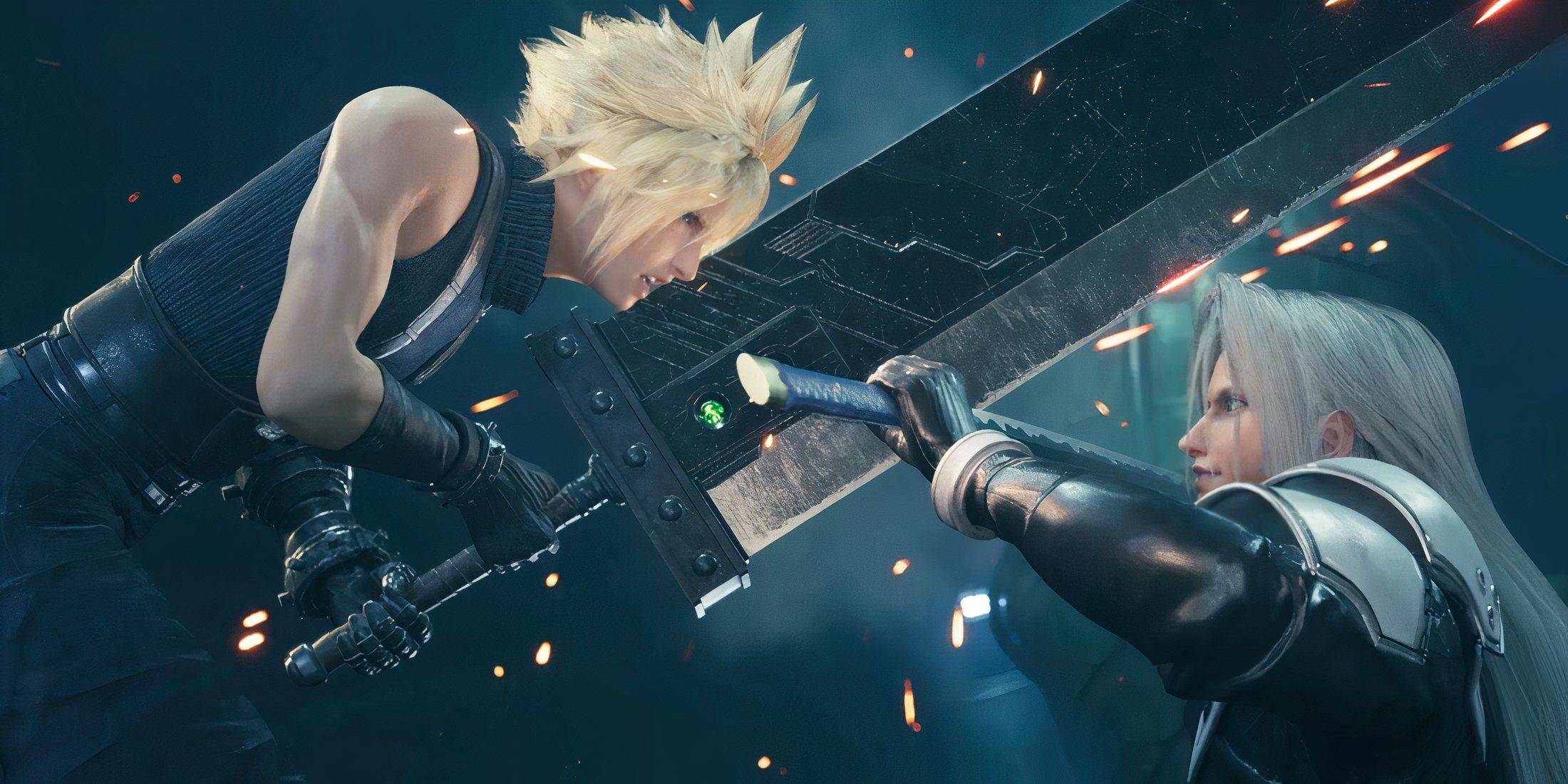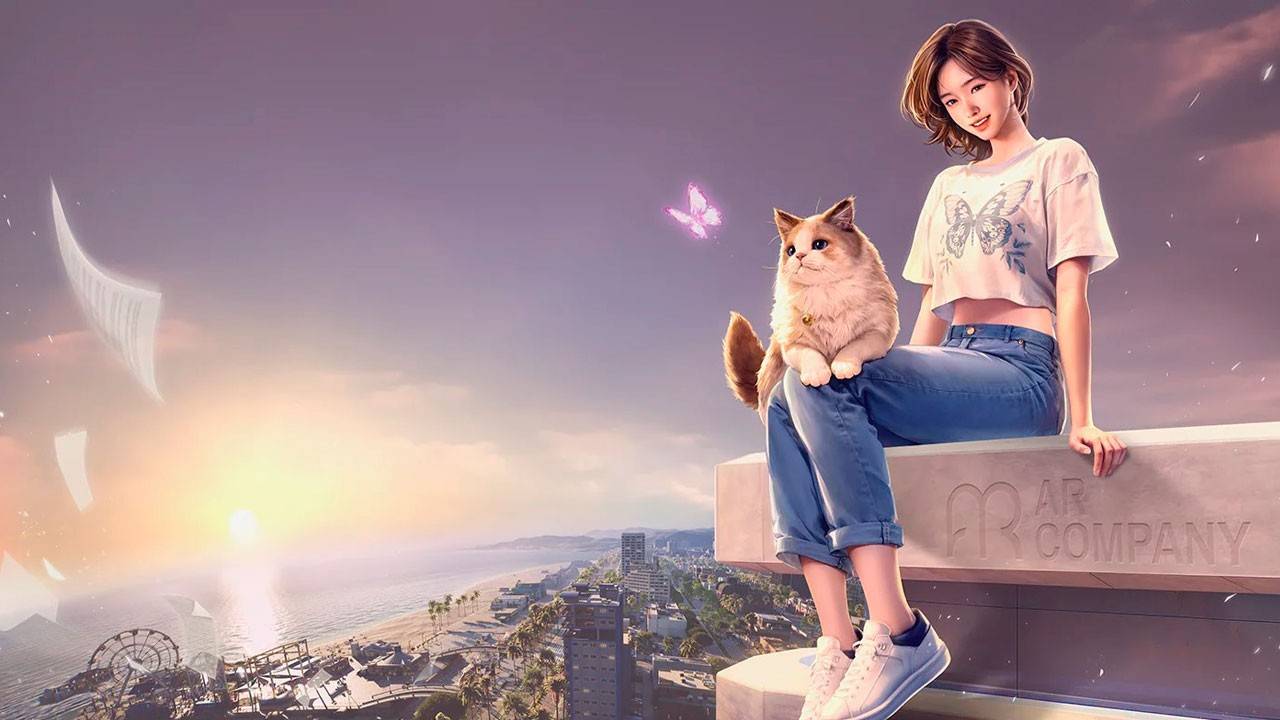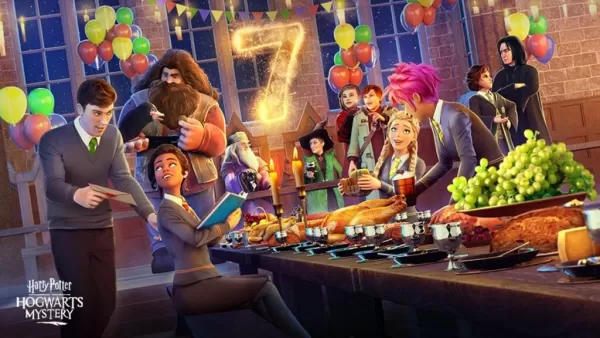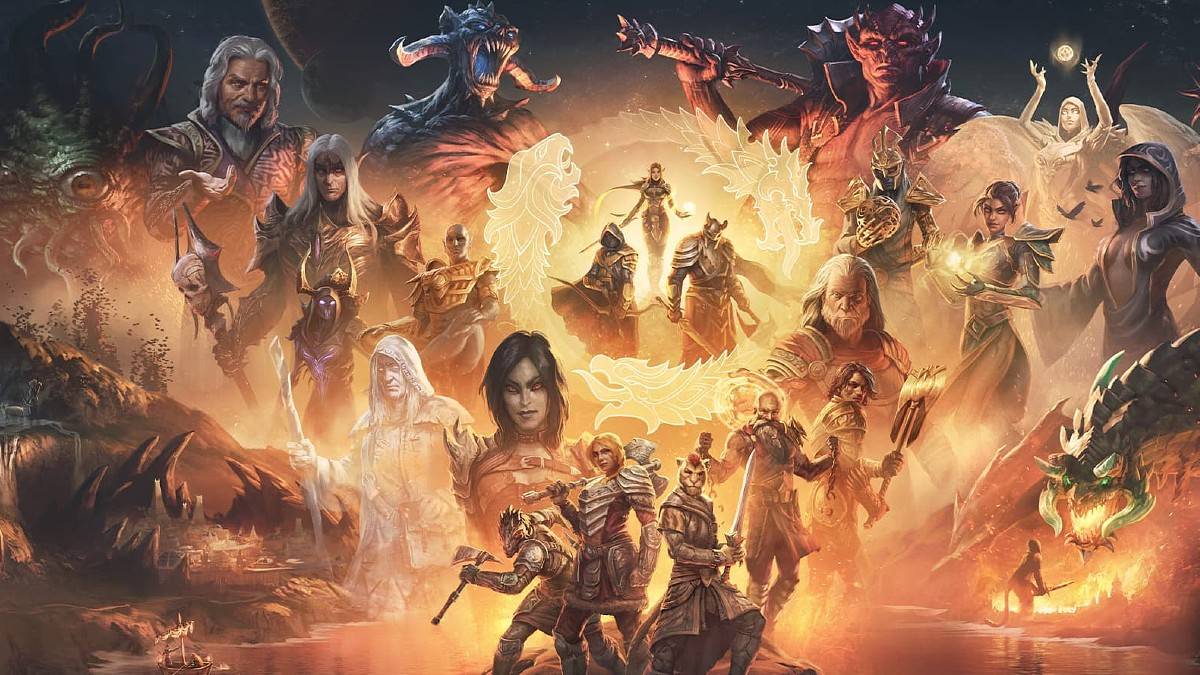The Borderlands movie is facing more than just scathing reviews in its opening week. While critics have largely panned the film, a behind-the-scenes controversy adds another layer to its troubled debut.
Critical Backlash and Divided Audience Opinion
The movie, directed by Eli Roth, currently boasts a dismal 6% rating on Rotten Tomatoes, based on 49 critic reviews. Prominent critics have been highly critical, with descriptions ranging from "wacko BS" to humor that largely misses the mark, despite some positive comments on the film's design. Early social media reactions echoed these sentiments, labeling the film "lifeless," "terrible," and "uninspired." However, a segment of Borderlands fans and general audiences seem to have enjoyed the film's action and crude humor, resulting in a more favorable 49% audience score on Rotten Tomatoes. Some viewers even stated that their low expectations were pleasantly subverted. One viewer noted appreciation for the action and humor but acknowledged potential confusion for fans due to lore changes.
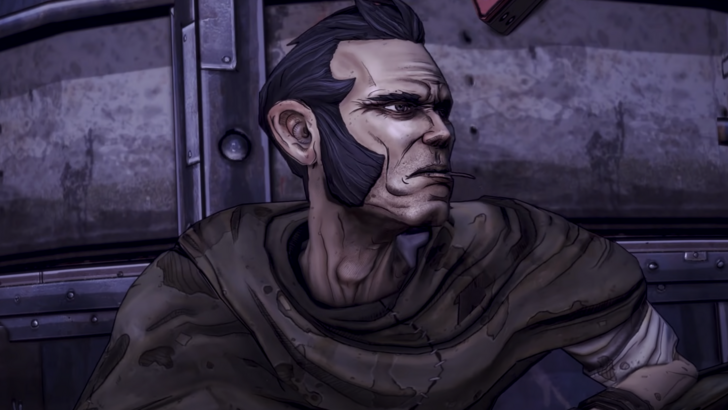
Uncredited Work Fuels Controversy
Adding to the film's woes, a recent Twitter (X) post by Robbie Reid, a freelance rigger who worked on the Claptrap character, revealed that neither he nor the character modeler received screen credit. Reid expressed disappointment, highlighting that this was the first time his work on a film had gone uncredited. He speculated that the omission might be due to him and the artist leaving their studio in 2021, acknowledging that this is a common industry issue. He concluded by expressing hope that the situation might lead to positive change regarding crediting artists in the film industry.
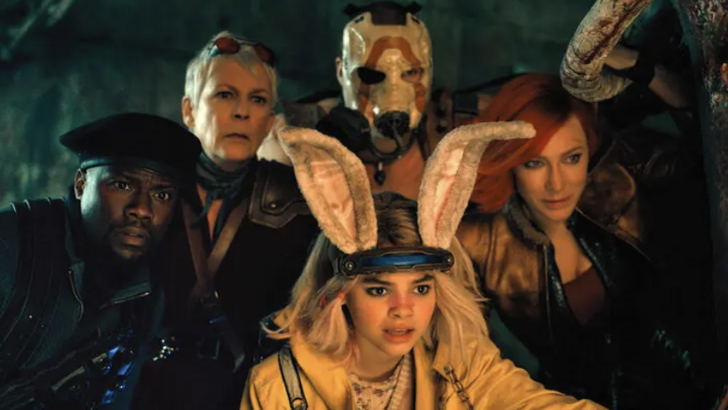
The Borderlands movie's rocky premiere week is a testament to the challenges of adapting video games to the big screen, compounded by the added frustration of uncredited work.




